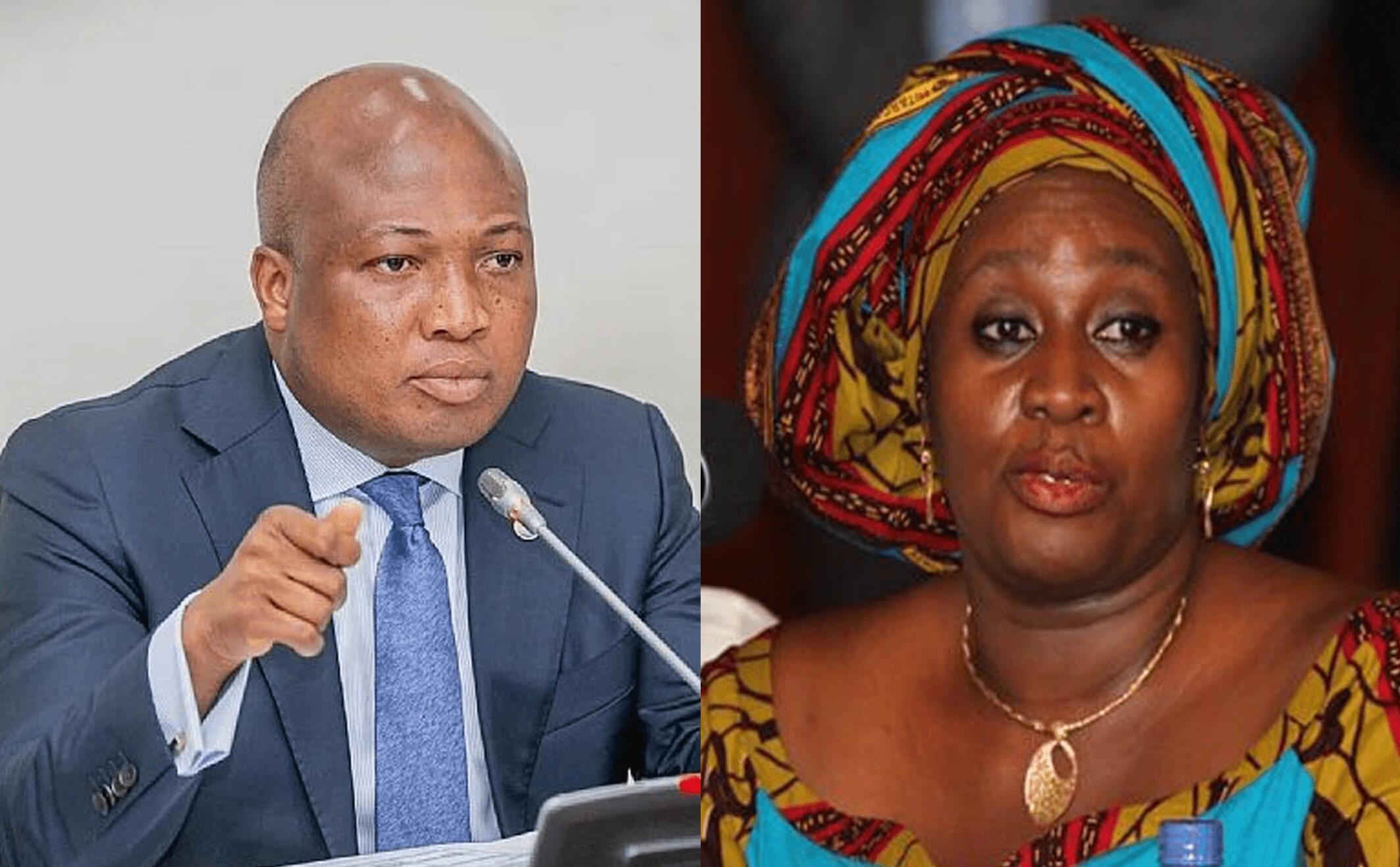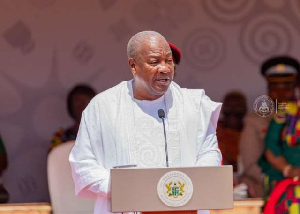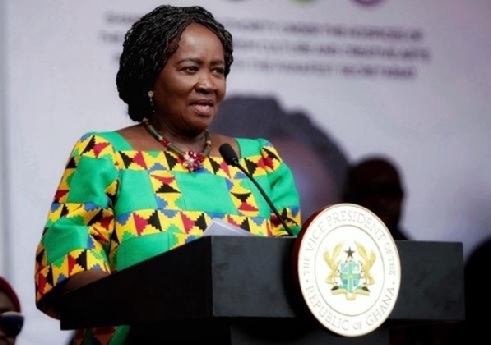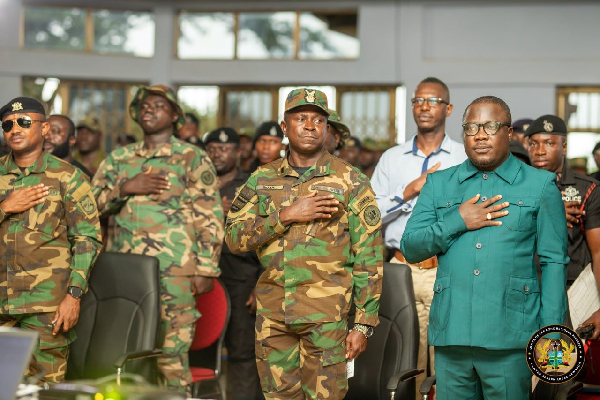In a dramatic escalation of long-standing hostilities, India launched a significant missile attack on territories controlled by Pakistan just after midnight on May 7. This act, termed “Operation Sindoor” by Indian officials, is reported to have resulted in the death of at least 31 people and injuries to dozens more, marking one of the most severe military actions between these two nations during peacetime.
Consequences and Reactions
Pakistan’s Prime Minister Shehbaz Sharif denounced India’s actions as an “act of war,” vowing a strong and immediate response. The Pakistani Ministry of Information echoed this sentiment, promising that India’s “temporary pleasure” would lead to “enduring grief.” Pakistan’s Defense Minister, Khawaja Muhammad Asif, confirmed retaliatory actions, escalating concerns of further conflict.
Indian Wing Commander Vyomika Singh assured readiness for any Pakistani retaliation. By May 9, Pakistan claimed to have killed 40-50 Indian soldiers along the border as a countermeasure to the Indian strikes.
Background of the Conflict
The recent flare-up began after an April 22 attack by a Pakistani militant group on tourists in Indian-administered Kashmir, resulting in 26 fatalities. India accused Pakistan of involvement, leading to a series of hostilities including expelling diplomats, airspace closures, and suspension of trade. India threatened to cut off water supplies to Pakistan, heightening tensions.
Details of the Operation
Indian officials stated that the operation targeted nine sites believed to harbor terrorists planning attacks against India. No military facilities were targeted, according to the Indian Defense Ministry, which emphasized a “measured” approach. However, Pakistan accused India of hitting civilian locations, including mosques, and reported the death of a three-year-old girl. The strikes also reportedly damaged infrastructure at a hydroelectric dam.
International Response and Calls for Restraint
The United Nations, along with major powers like the United States and China, urged both nations to exercise restraint. UN Secretary-General António Guterres highlighted the severe risks of a military confrontation between these nuclear-armed neighbors. China, having complex relations with both countries, called for calm and emphasized the need for stable regional peace, while the U.S. historically acts as a mediator in Indo-Pak disputes.
U.S. officials communicated with leaders from both sides, emphasizing the importance of open communication to avoid further escalation. President Trump condemned the strikes, expressing hope for a quick resolution. Meanwhile, other nations, like
Source: https://time.com/











